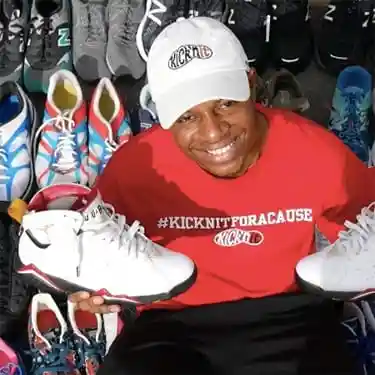Understanding the Role of a Sports Athletic Trainer
Sports athletic trainers play a vital role in the overall well-being of athletes. They are responsible for preventing, diagnosing, and treating injuries that occur during sports activities. From providing immediate care on the field to designing rehabilitation programs, athletic trainers are the first line of defense when it comes to athlete health and performance. Their expertise extends beyond physical injuries, as they also address issues related to nutrition, conditioning, and mental well-being.
Essential Skills for Success
To excel as a sports athletic trainer, certain skills are essential. Strong communication skills are paramount, as athletic trainers work closely with athletes, coaches, and other medical professionals. They must be able to effectively convey information and instructions to ensure the best possible care. Additionally, critical thinking and problem-solving skills are crucial in assessing injuries and developing appropriate treatment plans. Being detail-oriented, organized, and able to work under pressure are also important traits for success in this field.
Educational Requirements and Certification
To become a sports athletic trainer, a bachelor’s degree in athletic training or a related field is typically required. Many universities and colleges offer accredited athletic training programs that provide a comprehensive education in anatomy, physiology, injury prevention, and rehabilitation techniques. After completing a bachelor’s degree, aspiring athletic trainers must pass the Board of Certification (BOC) exam to become certified athletic trainers (ATCs). Continuing education and maintaining certification are necessary to stay up-to-date with the latest advancements in sports medicine.
Gaining Practical Experience
While classroom education is vital, hands-on experience is equally important in the field of sports athletic training. Many athletic training programs provide opportunities for students to gain practical experience through internships or clinical rotations. These experiences allow aspiring athletic trainers to work directly with athletes and apply their knowledge in real-world scenarios. Additionally, volunteering with sports teams or local clinics can provide valuable exposure and networking opportunities.
Career Opportunities and Growth
A career as a sports athletic trainer offers a wide range of opportunities. Athletic trainers can work in various settings, including high schools, colleges, professional sports teams, rehabilitation clinics, and sports medicine facilities. They may also specialize in specific sports or work with athletes of different age groups. With the growing emphasis on injury prevention and overall athlete well-being, the demand for athletic trainers is expected to increase in the coming years.
Key Takeaways:
- Sports athletic trainers play a crucial role in athlete well-being, preventing, diagnosing, and treating injuries.
- Strong communication, critical thinking, and problem-solving skills are essential for success in this field.
- A bachelor’s degree in athletic training or a related field is typically required, followed by certification through the Board of Certification (BOC) exam.
- Practical experience through internships and volunteering is invaluable in gaining hands-on skills.
- Career opportunities for sports athletic trainers exist in various settings, with a growing demand for their expertise.
- Continuous learning and staying updated with advancements in sports medicine are vital for success in this field.
If you are passionate about sports and healthcare, a career as a sports athletic trainer can be incredibly rewarding. Consider pursuing a degree in athletic training and gaining practical experience to embark on this fulfilling journey. Additionally, furthering your knowledge through specialized courses can enhance your skills and open up new opportunities. Yellowbrick offers an online course and certificate program, NYU Fundamentals of Global Sports Management, which can provide valuable insights into the industry. By investing in your education and continuously improving your skills, you can make a lasting impact on the lives of athletes and contribute to the world of sports in a meaningful way.




